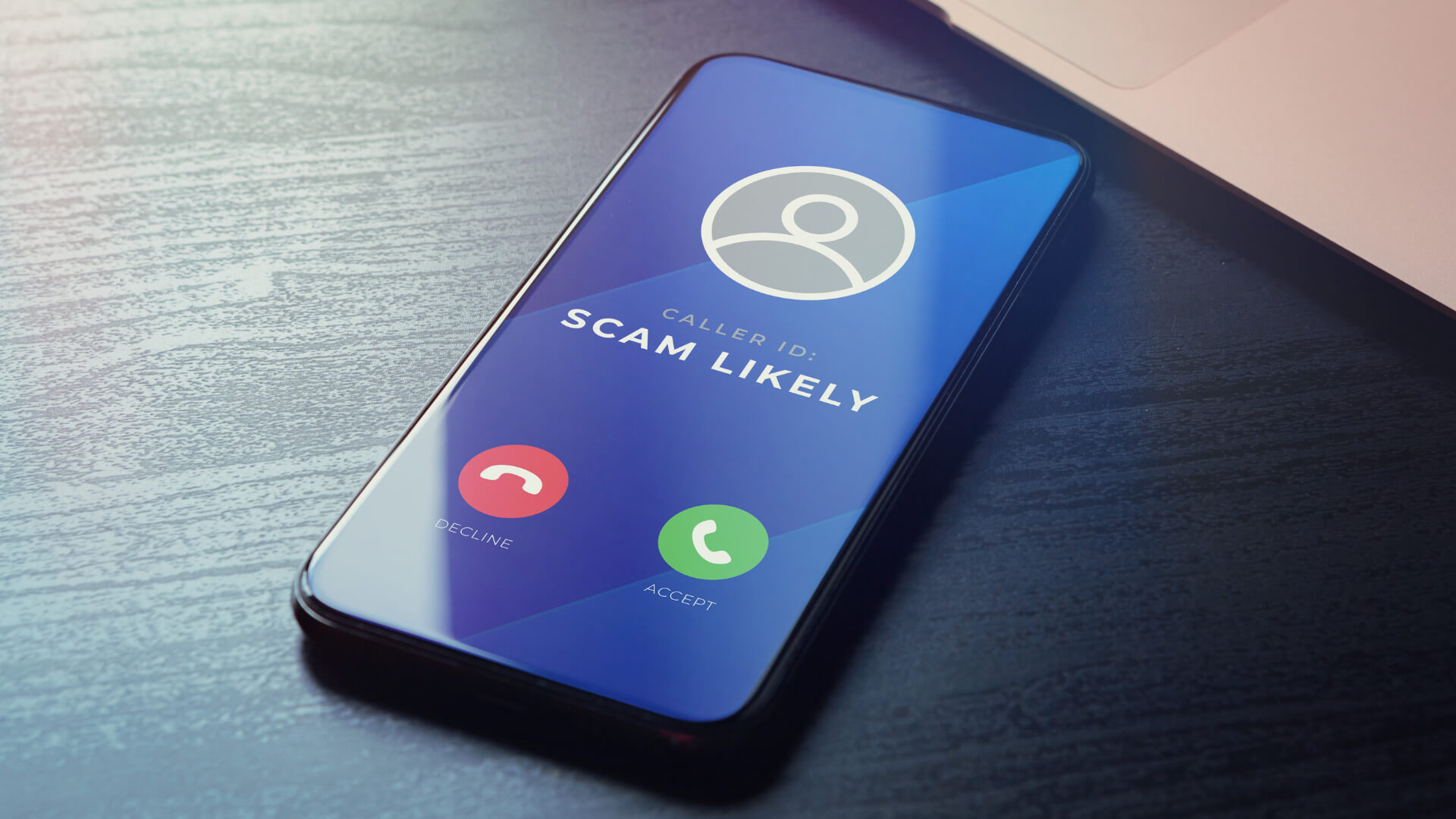Blog: How to Avoid AI Voice Cloning Scams

This blog was written and submitted by the Better Business Bureau
BBB® Scam Alert: New tech creates fake calls and voicemails
Everyone knows to look for phony emails – they can appear in your email inbox or even at work. Scammers can easily create messages that appear to come from anyone, like your boss or a close family member. But what about phone calls and voicemail messages?
Scammers can use new AI technology to mimic the voice of someone you know and create a phone call or voicemail recording. This “voice cloning” technology has recently advanced, and anyone with the right software can clone a voice from a very small audio sample.
How the Scam Works
At work, you get a voicemail from your boss. They instruct you to wire thousands of dollars to a vendor for a rush project. The request is out of the blue. But it is the boss’s orders, so you make the transfer. A few hours later, you see your boss and confirm that you sent the payment. But there is one big problem; your manager has no idea what you are talking about! It turns out that the message was fake.
At home, you may receive a phone call or voicemail from a family member in an urgent situation such as an accident or a medical emergency. They provide convincing details and ask for money immediately via a digital wallet payment app like Venmo or PayPal. You find out later that the story was not true, and your money is gone.
A consumer recently shared on Scam Tracker, “Received call on 1-26-24 I thought it was my daughter-in-law she said Hi mom calling to say she was pulled over driving and has a broken nose...She was frantic to have me call the lawyer right away. She asked me 3 times if I wrote the name & number down. I said yes. She said she had to go right now as they are taking her. Her voice sounded just like my daughter-in-law.”
With the US now amid the 2024 election season, scammers may even use this technology to mimic candidates’ voices to sway voters or potentially drum up “donations.”
How to avoid AI voice cloning scams:
- Resist the urge to act immediately. No matter how convincing a phone call or voicemail may sound, hang up or close the message if something does not feel right. Call the person who claimed to have called you directly with the phone number you have saved for them. Do not call the number provided by the caller or caller ID. Ask questions that would be hard for an impostor to answer correctly.
- Do not send money if you are in doubt.If the caller urgently asks you to send money via a digital wallet payment app or a gift card, that may be a red flag for a scam. If you wire money to someone and later realize it is a fraud, the police must be alerted.
- Secure your accounts. Whether at work or home, set up multifactor authentication for email logins and other changes in email settings. At work, verify changes in information about customers, employees, or vendors.
- Ensure the staff at work is trained. Create a secure culture at your office by training employees in internet security. Make it a policy to confirm all change and payment requests before transferring. Do not rely on email or voicemail.
For more information on AI, visit BBB’s Artificial Intelligence HQ at BBB.org/AI.
If you have been the victim of a scam, please report it at BBB.org/ScamTracker. Your report can help expose scammers’ tactics and prevent others from having a similar experience.
